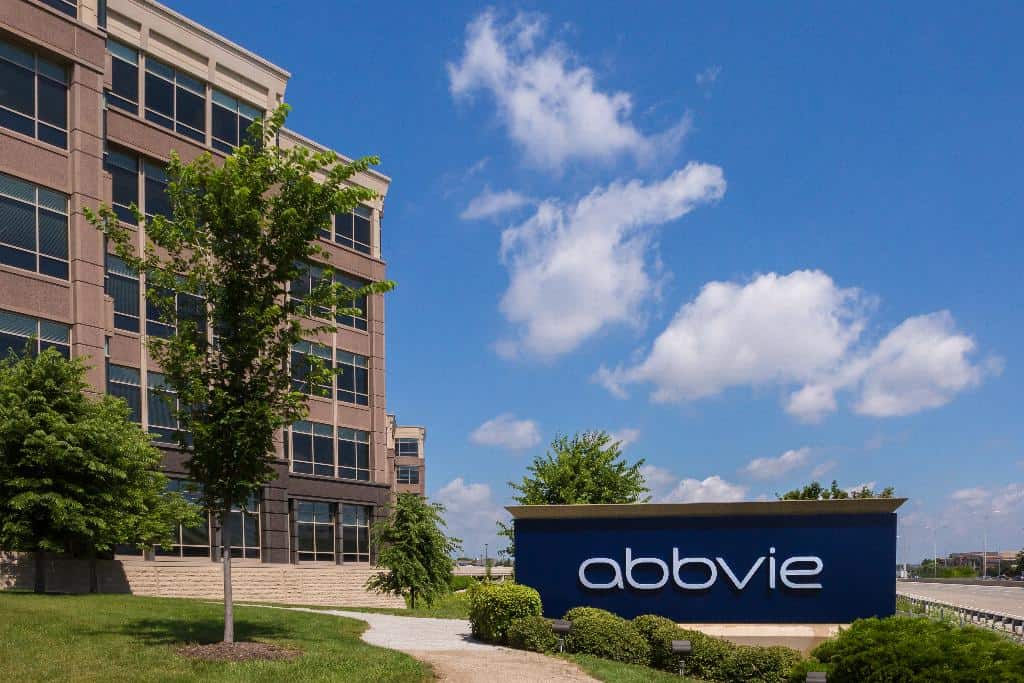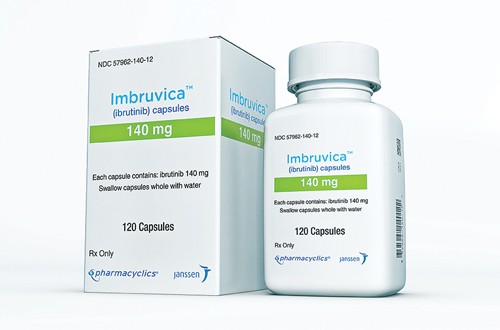
The launch of biosimilar versions of Humira saw revenues from the blockbuster drug grind to a halt in Q4.
AbbVie has just unveiled its fourth quarter and full year results, showing top line revenue growth of 7.3% in Q4 and an impressive 15% for the full year and earnings per share growth above 40%.
Full year global sales of Humira rose 7.4% on an operational basis to $19.93 bn, but Q4 figures shows that non-US revenues declined sharply by 17.5%, showing that biosimilars entering European markets in October have very rapidly gained market share.
It also reflects moves by AbbVie to retain market share by lowering the price on Humira, this strategy being confirmed in England, where the NHS was quick to exploit the new competition.
Further declines will come in 2019, although the US accounted for 13.6bn of Humira’s global revenues of just under $20bn, and it retains market exclusivity there until 2023.
The company has several years to build up its other franchises, which includes its haemato-oncology therapies. This portfolio revenue rose steeply to $3.93bn, up 45% on a reported basis, driven by a near 40% increase in Imbruvica sales (to $3.59bn), while Venclexta revenues hit $344m for the full year.

However just last week AbbVie suffered a knock to its ambitions for increased growth of Imbruvica, after it failed to hit its endpoint in a late stage study assessing its use in patients with treatment-naïve diffuse large B-cell lymphoma.
The fate of its Rovalpituzumab Tesirine (Rova-T) also hangs in the balance after it failed in a phase 3 trial for small cell lung cancer in December. The company paid $5.8 billion to acquire the antibody drug conjugate and its developer Stemcentrx in 2016, and has already had to write off 4bn in asset impairment charges.
There was better news in recent weeks, though, with Venclexta gaining a new US approval in AML and a European green light for use in second line relapsed/refractory (R/R) chronic lymphocytic leukaemia (CLL).
The company is looking to two new immunology and inflammation blockbusters-in-waiting to help safeguard future growth.
AbbVie filed its oral JAK1 inhibitor upadacitinib with the FDA and EMA in December, and the drug is expected to reach blockbuster status, after demonstrating superiority to Humira in trials.
Meanwhile another blockbuster hopeful, risankizumab was filed last year for moderate to severe plaque psoriasis, with FDA approval expected in April.
Commenting on the Q4 results, Richard Gonzalez, chairman and CEO of AbbVie said: “We’re entering an important new phase for AbbVie. The continued momentum of our business, combined with the launch and ramp of several new products, will allow us to drive strong earnings growth once again in 2019 and position us for growth over the longer term.”
Nevertheless, the perilous transition away from Humira is leading many analysts to believe AbbVie may looks for a substantial acquisition to secure its growth.
M&A rumours in the sector have taken on more credibility since BMS acquired Celgene for $74bn earlier this month, and speculation has linked AbbVie to potential targets such as rare disease specialists BioMarin and Alexion.




